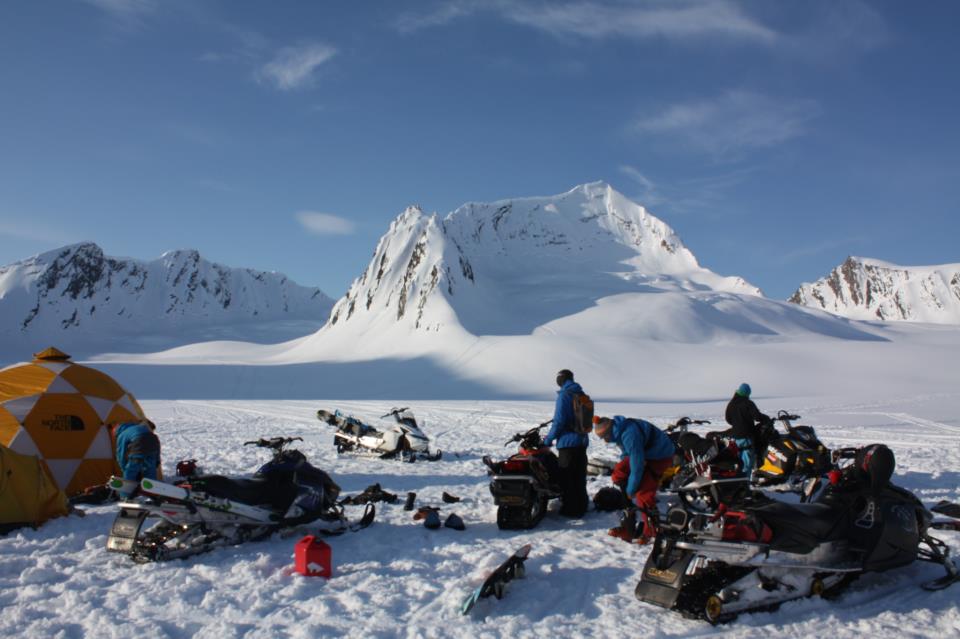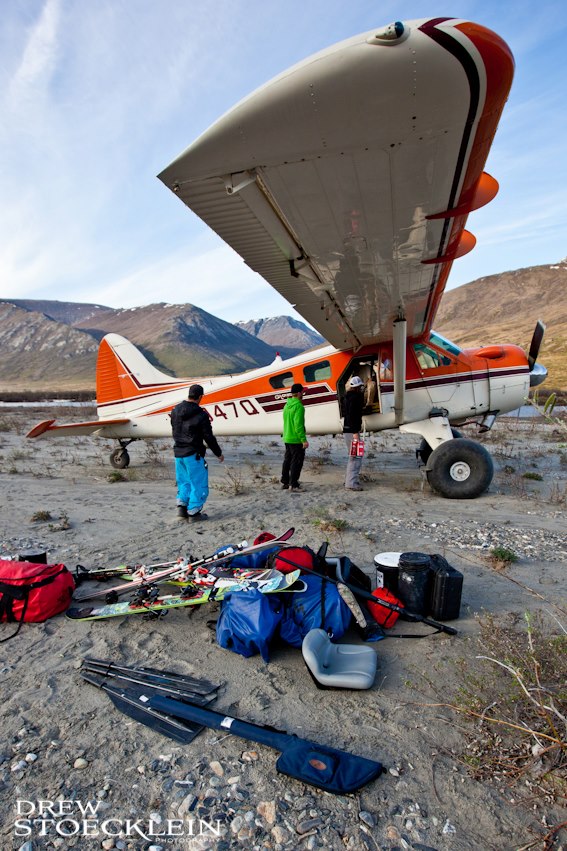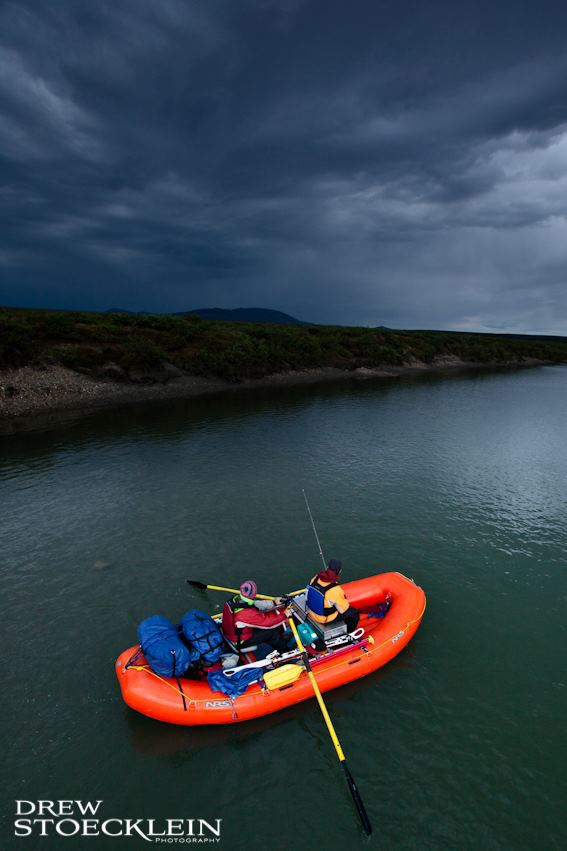We’re in the middle of nowhere, above the Arctic Circle, somewhere in Alaska. Even by Alaska standards, we’re out there.
Standing on the shores of the Noatak River, a 10-day float from an Inuit outpost that barely qualifies as civilization, my best friend and I are having a screaming match that I think is about to go to blows. We’re on a 25-day skiing and rafting mission, with the goal of tracing a snowflake’s journey from some of the highest peaks in the Brooks Range 400 river-miles to the Pacific.



